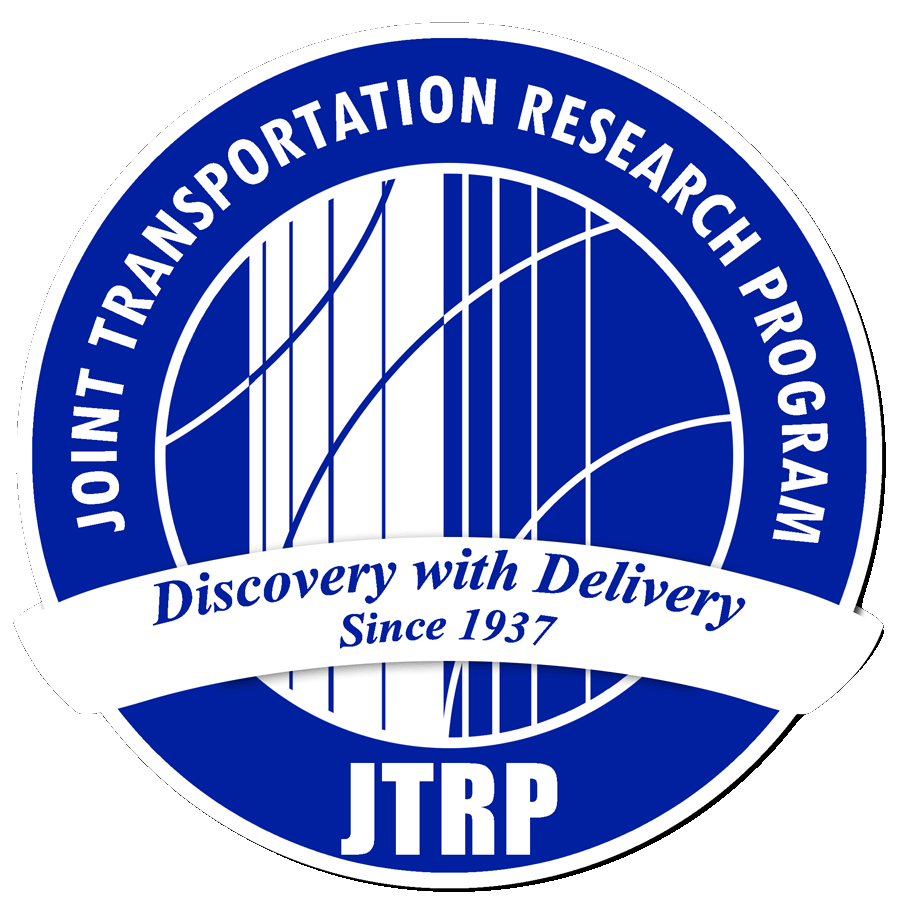Abstract
The Superpave specifications and equipment, introduced in 1993, represented a major advancement with respect to offering a better understanding of the behavior and characteristics of asphalt binders based on their rheological properties. However, the Superpave high-temperature test protocol has been shown to be inadequate for characterizing the high-temperature behavior (rutting resistance) of asphalt binders, particularly polymer modified ones. Recently, a specification based on the Multiple Stress Creep Recovery (MSCR) test has been proposed to address the shortcomings of the Superpave high-temperature binder specifications. This study aims to investigate the merits of implementing the MSCR test and specification as a replacement for the conventional high-temperature testing in the Performance Graded (PG) system. A statistical analysis was conducted on a dataset from Indiana Department of Transportation (INDOT) to see how MSCR and PG procedures differ in grading different binders used in the state. In addition, an experimental study was conducted using seventeen different modified and unmodified binders. In addition to binder tests, seven of the binders were selected to conduct asphalt mixture tests such as dynamic modulus and flow number. The results confirm that the MSCR test is a suitable replacement for the current PG high temperature test since it provides a better tool to rank modified asphalt binders as well as unmodified ones. That is, creep compliance from the MSCR test more fundamentally represents binder behavior at high temperatures compared to the PG rutting parameter. In addition, the very simplified approach, known as grade-bumping, used in the current PG system to account for high traffic levels and low speed limits can be eliminated when using the MSCR test. The MSCR test also provides a better coefficient of correlation (at both stress levels) with flow number test results than the PG rutting parameter, again indicating that it more accurately reflects binder performance at high temperatures.
Keywords
multi-stress creep recovery, asphalt binder, performance grading, Superpave
Report Number
FHWA/IN/JTRP-2016/07
SPR Number
3810
Sponsoring Organization
Indiana Department of Transportation
Performing Organization
Joint Transportation Research Program
Publisher Place
West Lafayette, Indiana
Date of Version
3-2016
DOI
10.5703/1288284316330
Recommended Citation
Behnood, A., Shah, A., McDaniel, R. S., & Olek, J. (2016). Analysis of the multiple stress creep recovery asphalt binder test and specifications for use in Indiana (Joint Transportation Research Program Publication No. FHWA/IN/JTRP-2016/07). West Lafayette, IN: Purdue University. https://doi.org/10.5703/1288284316330


